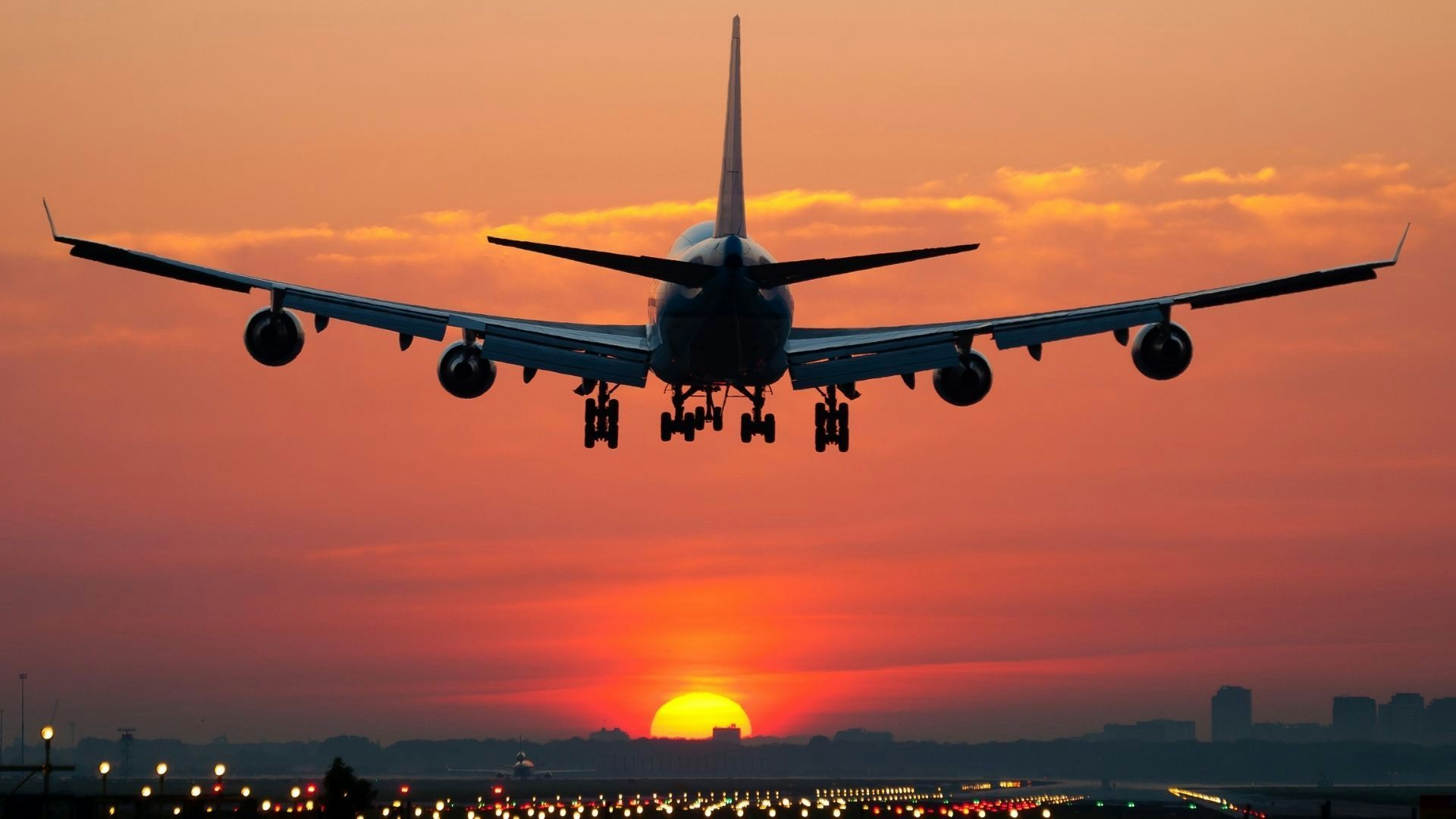As vaccines progress and businesses begin to reopen, business owners may be wondering whether it's time to resume travel. But as multiple variants of the coronavirus pop up in cities worldwide, is it safe to fly overseas or domestically for your business needs?
Is Business Travel Returning?
Countries that have decided to allow tourists to visit after being vaccinated have seen their tourism rates rise quickly. Greece, Iceland, and Croatia, among other countries, are back open to travelers who are vaccinated or test negative, and one of the new routes on United's Atlantic destinations will be between Chicago and Reykjavik from Jul 1st until Oct 3rd.
Business travelers report that staying put is impacting their work. 74% of business travelers reported that the pandemic has made them less effective at their jobs, while almost 85% said they were eager for the pandemic to be over so they can travel again, according to a recent survey.
However, the U.S. State Department urged Americans to reconsider international travel on April 19th, claiming that about 80% of the world's nations are now considered "do not travel" countries due to high COVID-19 risk.
Costs and Risks of Business Travel During COVID-19
Although airline prices plummeted at the start of the pandemic, travel experts expect that they will spike this summer as more passengers get vaccinated and demand returns. “I think there’s going to be a short-term bump in airfare for the summer. Everybody is looking to travel, looking to make up for lost time, and especially looking to do so this summer while the weather’s nice and going finally safe and [everyone’s] comfortable to do so," said Scott Keyes, founder of Scott's Cheap Flights.
Costs vary dramatically depending on the distance traveled. For example, a flight from New York City to London could be anywhere between $700-$1200 roundtrip with taxes included (depending on time), and an average airfare for domestic travel would be about $400. Traveling for business is a great way to connect with people in your industry and network, but the costs can be prohibitive.
Of course, cost isn't the only consideration for traveling during the pandemic. Although face masks are required on domestic and most international flights, some passengers may not comply or wear them correctly. Science shows that vaccines protect well against the main strain of COVID-19, but there are dozens of variants, and we can't be too sure how much we're protected even with the vaccine.
COVID-19 has been active for nearly two years now with few signs of slowing down (or stopping). With many getting vaccinated to reduce their risk of contracting this virus and others like it - should businesses still fly? Low demand indicates most businesses don't think so.
Demand to Travel for Business During COVID
During a recent call with analysts, United Airlines CEO Scott Kirby said, "Demand for business and long-haul international flights remains down 80% compared with before the pandemic."
With preliminary budgets in place, the airline does not expect a surge of business travel until 2022, but Kirby predicts that it could return later this year.
Most travelers are still traveling only to domestic destinations. Travel search engine company Hopper reported that about 66% of summer searches for flights are for domestic destinations, up from about 52% during pre-pandemic summers. Recent domestic flight searches show most travelers are heading for outdoor tourist destinations like Portland, Maine, and Orlando, rather than business destinations like New York City.
Leisure travel destinations throughout the U.S. have been experiencing significant increases in interest during the COVID-19 pandemic; among these were cities in Florida, South Carolina, and Wyoming.
Are Business Trips During the Pandemic Worth It?
Most companies are holding back on travel unless it's strictly necessary. If you do choose to travel for business during the pandemic or send employees on trips, it's essential to be aware of the potential risks. The last thing any company wants is for anyone on their team to become infected with the coronavirus.
A March Gartner survey of about 300 human resources leaders showed that 35% did not know when they would let employees resume traveling for business, while another 20% said it would take at least six to nine months before they returned to regular travel schedules.
Conclusion: Travel Management for Employers During COVID-19
If you are a business leader, you should tread carefully as an employer, as most have been the past year. Consider surveying your employees about their comfort levels regarding business travel at the moment.
Stay up to date with what public health officials are saying and new guidelines. Being abreast of travel guidelines will gauge if corporate travel is a risk. We publish travel news on restrictions, public health recommendations and more here on the Skip Blog.
Remember that public health officials have new domestic and international travel findings on a week-by-week or even a day-by-day basis.
Consider how necessary on-site visits would be, or if video calls will suffice. Some employees may decide to step up and want to get traveling.
Thinking About Business Travel?
📌 Read our article on airport safety during the COVID-19 pandemic.
📌The article covers the testing and vaccine requirements for every country.
📌 A Travel Agent's Perspective on Traveling in This Pandemic for Business
